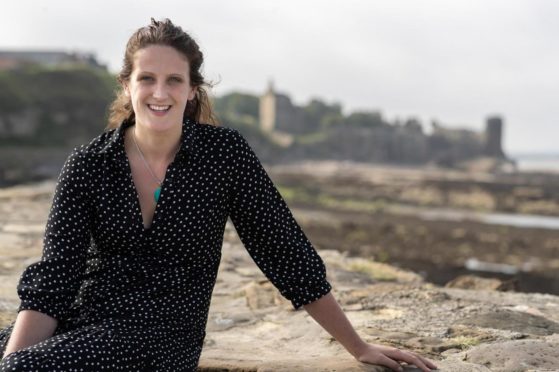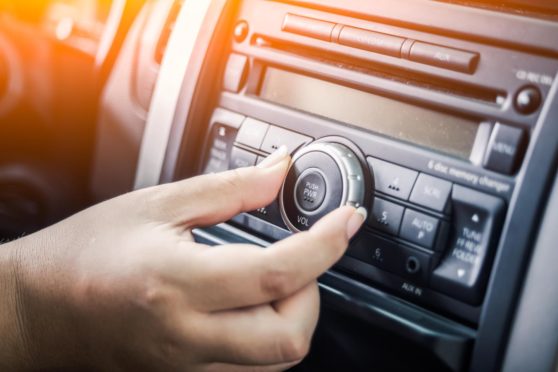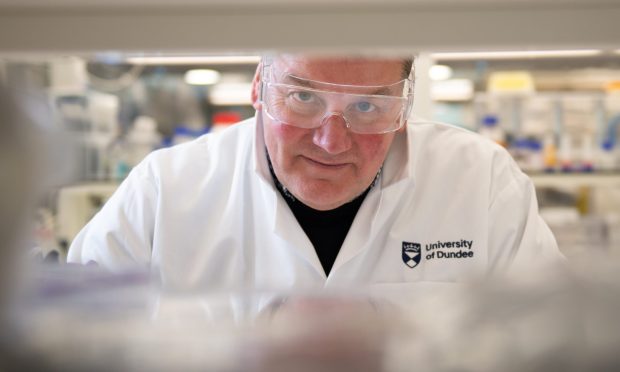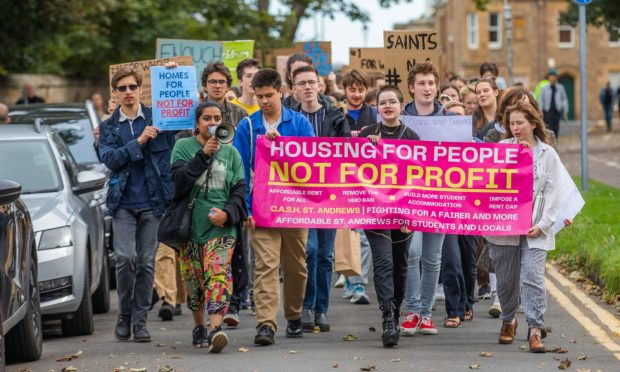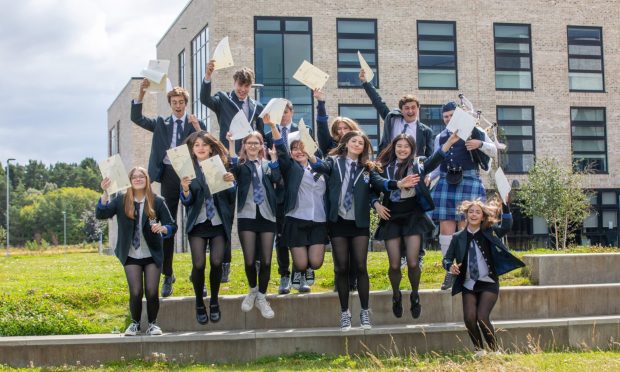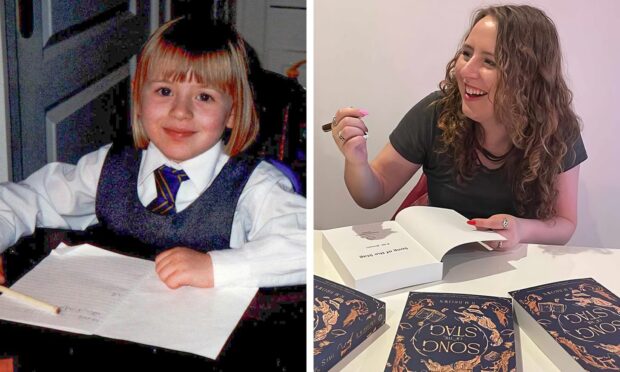New classes have adapted the British Lung Foundation’s Singing for Lung Health workshops to support those recovering from Covid-19 across Fife.
Provided by local vocal and choral music festival St Andrews Voices and funded by University of St Andrews Community Fund, the virtual classes teach key skills around breathing to help in the fight against long Covid.
The health and wellbeing benefits of music are well-documented: it reduces stress, alleviates anxiety and provides comfort during difficult times.
But, for those living with long Covid, singing lessons can help dramatically improve physical symptoms such as shortness of breath and chest tightness.
Amanda MacLeod, festival director at St Andrews Voices, says: “Breathing is the most natural thing we all do, but it’s also something that we never actually think about.
“We had a number of people with long Covid come to our Singing for Lung Health workshops, but we actually found they needed something unique to themselves.
“People with long Covid need to take deeper breaths and need a slightly different focus than those with bronchitis or asthma.”
The impact of long Covid
According to figures released by the Office for National Statistics, more than 1.1 million people in Britain are currently experiencing so-called long Covid symptoms over a four-week period after contracting Covid-19.
Currently, the NHS describes symptoms of long Covid as:
- extreme tiredness (fatigue)
- shortness of breath
- chest pain or tightness
- problems with memory and concentration (“brain fog”)
- difficulty sleeping
The sheer scale of those living with the condition and the range of associated symptoms make it difficult to ascertain the prevalence of long Covid and how to support people recovering from it.
Managing symptoms
Amanda continues: “The classes provide another support network while long Covid clinics are still being set up in Scotland.
“It just reiterates the point that it still is really new to everybody and we’re working with medical practitioners the whole way through the programme.”
Seinn #LongCovid Workshops || Our leaders (Jane, Helen, Rachel, Daniela, & Amanda) will use the power of singing, community & breath management to support those with #LongCovid
A few spaces remain for our sessions. Check out our website to find out more: https://t.co/zC7MswN9Pg pic.twitter.com/x7oaL8L0Bm
— St Andrews Voices (@StAndrewsVoices) April 29, 2021
For those living with long Covid, the classes run by St Andrews Voices are a lifeline, not only helping with their physical symptoms, but the emotional impact too.
Amanda explains: “It has become a real emotive sharing experience and community for the participants, just to click in with new connections and share moans, ideas, tips.
“We go through some breathing exercises, different techniques for day-to-day life – whether that’s when you’re out and about wearing a mask, or sitting on the sofa feeling anxious and looking at ways to calm your whole body down.
“We’re giving them tools to really focus on a deep inhale and calming themselves down, taking even five minutes in their day just to listen to a bit of music or sing along to the radio, because that release of endorphins is hugely beneficial.”
On top of the physical and emotional benefits of singing as a group, the classes also provide a community for those living with a health condition we still know little about.
Amanda enthuses: “For me it’s about the community we’ve created for these individuals.
“Yes, there are a lot of people with long Covid, but it can feel like you’re on your own a lot of the time because it’s so new to everybody.
“A lot of the people we work with aren’t able to go back to work or they’re doing a small bit of work from home.
“As the world opens up they could be in their homes quite a lot and be quite lonely because they don’t have the energy to walk round the block and see a friend or neighbour.
“It has become a real community spirit and a highlight in their week where they can forget about everything else.”
